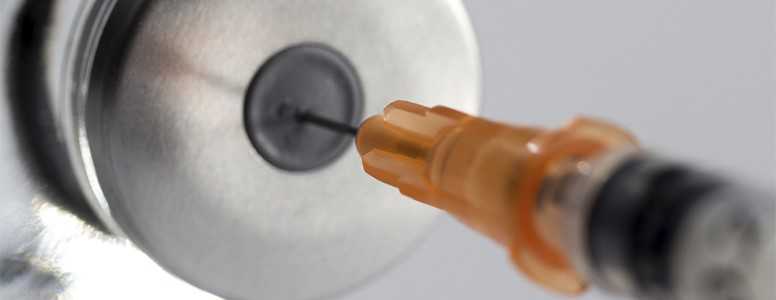People without diabetes or prediabetes get high sugar levels in response to common high carbohydrate foods such as breakfast cereal, a new study reports.
The trial involved 57 participants. Most of the participants were those without diabetes or prediabetes, however a number of the participants were included who had either prediabetes or type 2 diabetes.
Researchers from Stanford University in California, USA carried out the interesting study. The participants were each given a continuous glucose monitor (CGM) to measure their sugar levels through the day. The researchers were keen to assess how well different people’s sugar levels responded to different meals.
Keen to see how much the type of meal mattered, the researchers tested sugar level responses after the participants consumed three different breakfasts: cornflakes and milk, a peanut butter sandwich and a protein bar.
The results surprised the researchers as 80% of the participants experienced high sugar levels after eating the cornflakes breakfast. This is notable as most of the participants were regarded as not having a form of diabetes or prediabetes.
Senior author, Dr Michael Snyder, professor and chair of genetics at Stanford University, stated: “Make of that what you will, but my own personal belief is it’s probably not such a great thing for everyone to be eating.”
Overall, the results showed that people without prediabetes or diabetes were getting glucose levels in a prediabetic or diabetic range between 2% and 15% of their time.
Dr Snyder commented on these results, saying: “There are lots of folks running around with their glucose levels spiking, and they don’t even know it.
“We saw that some folks who think they’re healthy actually are misregulating glucose – sometimes at the same severity of people with diabetes – and they have no idea.”
Dr Snyder also feels that CGMs could play a useful role in helping people to learn which lifestyle choices are helping or hindering them. This could help them to make improvements to their lifestyle and prevent diabetes developing.
He added: “We think that these continuous glucose monitors will be important in providing the right information earlier on so that people can make changes to their diet should they need to.”
The study is published in the PLOS Biology journal.
What's new on the forum? ⭐️
Get our free newsletters
Stay up to date with the latest news, research and breakthroughs.






